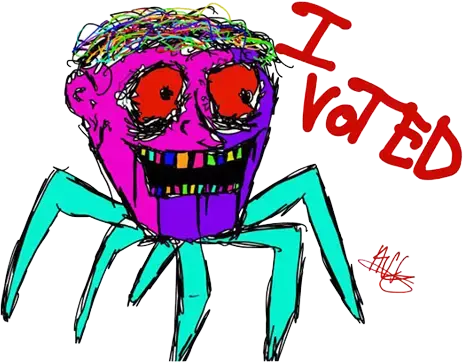
Leave the children alone :ak47:

Leave the children alone :ak47:
"You poors better not go see your family and friends this holiday season. Only us elites are allowed to do that!"
Love going out to brunch in the middle of an uncontrolled pandemic.

Depends on how many feds are assisting them.

Look at me
I'm the captain president now
I've already noticed some of my lib friends becoming disillusioned. Now it's time to take them by the hand and guide them to the left.
Very curious about what the covid numbers will be in a couple weeks.

:doomer: 🌎 🔥
Every time a politician or media person says "dark winter" it just reminds me of the operation.

This holiday season is gonna be really weird
Gotta hand it to Greenwald. He may be a messy bitch that loves drama but sometimes it makes for great entertainment
Nice framing.
Tired of flying cars being fictional? Well guess what, the Air Force is throwing money at more projects to create war machines!

I couldn't make it through the first episode when I originally saw it. I'm giving it another shot right now and I can't actually tell if the dialogue is genuine or if they're just doing a bit lmao

I haven't listened to this yet, so I'm not sure if this comes up during these episodes. But if you want a good book about stuff like this I'd recommend Witch-Hunt Narrative: Politics, Psychology, and the Sexual Abuse of Children by Ross Cheit. I'm still working my way through it (it's like 500 pages worth of dense and heavy material), but it's very well researched. You can find it on library genesis.
Here's part of the description pulled from Goodreads:
Drawing on years of research into cases in a number of states, Cheit shows that the issue had not been blown out of proportion at all. In fact, child sex abuse convictions were regular occurrences, and the crime occurred far more frequently than conventional wisdom would have us believe. Cheit's aim is not to simply prove the narrative wrong, however. He also shows how a narrative based on empirically thin evidence became a theory with real social force, and how that theory stood at odds with a far more grim reality. The belief that the charge of child sex abuse was typically a hoax also left us unprepared to deal with the far greater scandal of child sex abuse in the Catholic Church, which, incidentally, has served to substantiate Cheit's thesis about the pervasiveness of the problem.
Damn, just found out about this panopticon. Haha, what if we expanded and privatized it?
It must be so hard to quarantine in a house the size of a warehouse.
Screaming into hyperspace as the shapeshifting machine elves hand me a multicolored 5-dimensional hammer and sickle.

Can't wait to vote the Arctic sea ice back into existence.
That term - blooding - immediately made me think of Dave McGowan's Programmed to Kill: The Politics of Serial Murder * here's the passage it reminded me of:
*Fair warning if you decided to read it. The first part of the book is called "The Pedophocracy" and immediately starts talking about the Dutroux affair and pedophile rings. Honestly, the book was one of the most radicalizing things I've ever read.